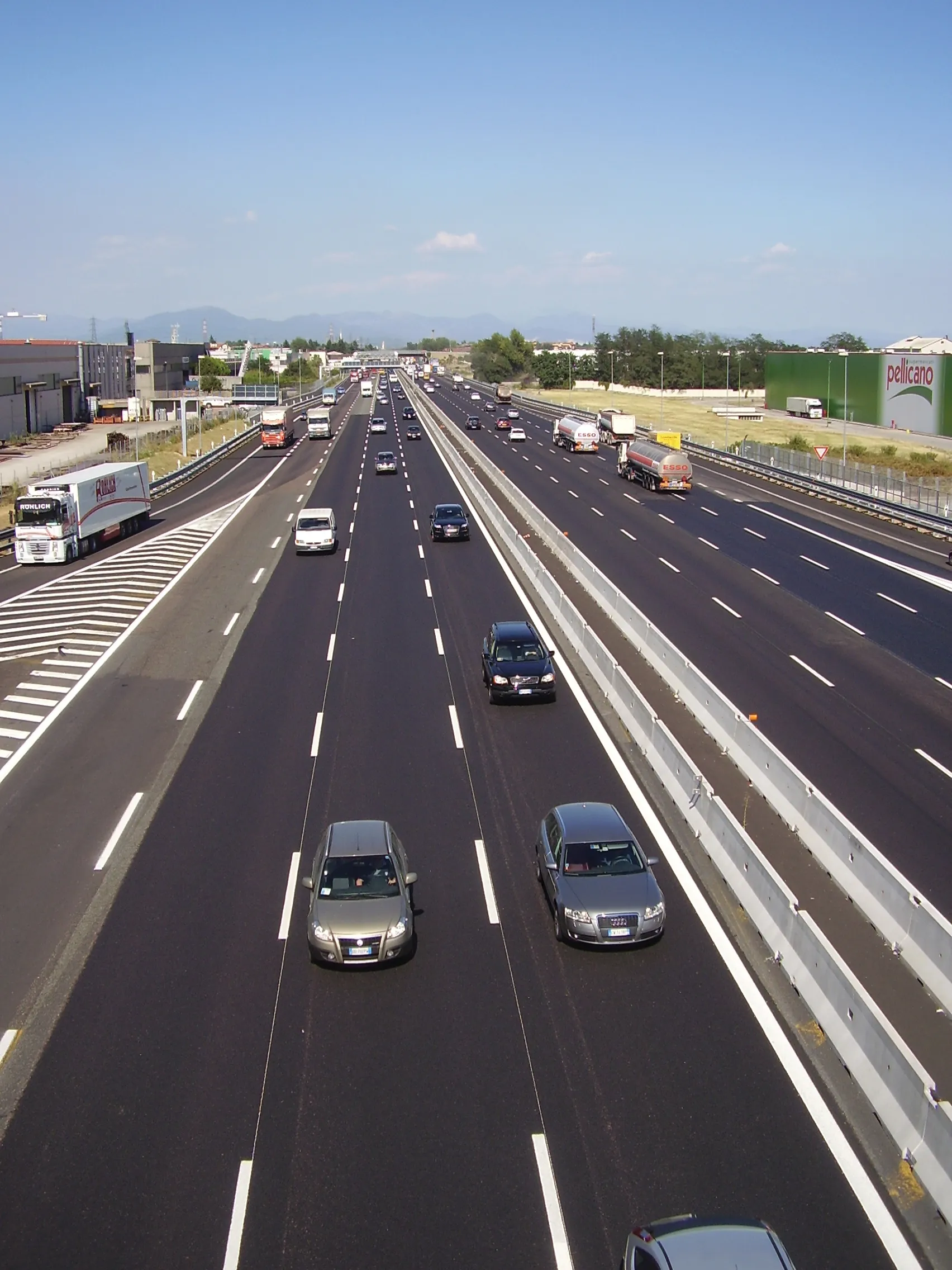The devices should be fitted in all new professional vehicles and also retrofitted to cars used by repeat drink-driving offenders, according to recommendations from the
In a major road safety package announced last month, the French government said all repeat drink-driving offenders would be required to install an alcohol interlock, an in-car breath testing device that prevents the vehicle from being started if the driver is over the limit. All coaches in France are already required to have the devices installed.
In September 2017, Austria launched a national rehabilitation programme for drink-drivers that offers the option for drivers to install an interlock in order to get back behind the wheel before the full term of a driving ban has expired. Belgium, Denmark, Finland, The Netherlands, Poland and Sweden have introduced similar programmes as have the majority of US states.
And in Germany, drivers who have been found guilty of drink driving, with extreme blood alcohol levels, may also face subsequent blood alcohol testing once the period of their licence suspension comes to an end. Should tests reveal evidence of alcohol dependency, they are not allowed to renew their driving licence.
ETSC says the programmes have proven to be one of the most effective measures for tackling drink-driving and should be extended across the European Union.
In a review of vehicle safety regulation by the European Commission expected in May 2018, ETSC is calling for a standard electronic interface to be fitted to all new cars to make installation of an interlock easier when required by law. ETSC also says the devices should be fitted as standard on professional vehicles.
The report also highlights the progress made by EU countries, including Estonia, Latvia and Denmark, where deaths attributed to drink-driving have been dropping faster than other road deaths.
In Estonia, drink-driving deaths dropped by 90% over the last decade thanks in part to the highest level of alcohol roadside breath tests in the EU and introduction of a near zero tolerance (0.2 g/l) Blood Alcohol Content (BAC) limit for all drivers.
Antonio Avenoso, Executive Director of ETSC said, “High levels of enforcement are critical to solving Europe’s drink-driving problem. And for those drivers who carry on getting behind the wheel after drinking, despite checks and sanctions, alcohol interlocks are an important and effective way of getting people rehabilitated.”
“It’s also crucial that drivers entrusted with professional vehicles carrying goods or passengers must never be allowed to get behind the wheel when they are over the limit. Many fleets across Europe are already using interlock devices, it’s time they were made a standard feature.”
Alcohol interlocks for vehicles could cut crashes in Europe?
There have been calls for mandatory alcohol interlocks in vans, lorries and buses across the EU. This follows the publishing of a new report which shows that more than 5000 deaths/year in the EU are still caused by drink-driving. As a result, member States have been asked to increase enforcement and introduce rehabilitation programmes for drink-driving offenders.
The devices should be fitted in all new professional vehicles and also retrofitted to cars used by repeat drink-driving offenders, according to
February 26, 2018
Read time: 3 mins
There have been calls for mandatory alcohol interlocks in vans, lorries and buses across the EU. This follows the publishing of a new report which shows that more than 5000 deaths/year in the EU are still caused by drink-driving. As a result, member States have been asked to increase enforcement and introduce rehabilitation programmes for drink-driving offenders.






